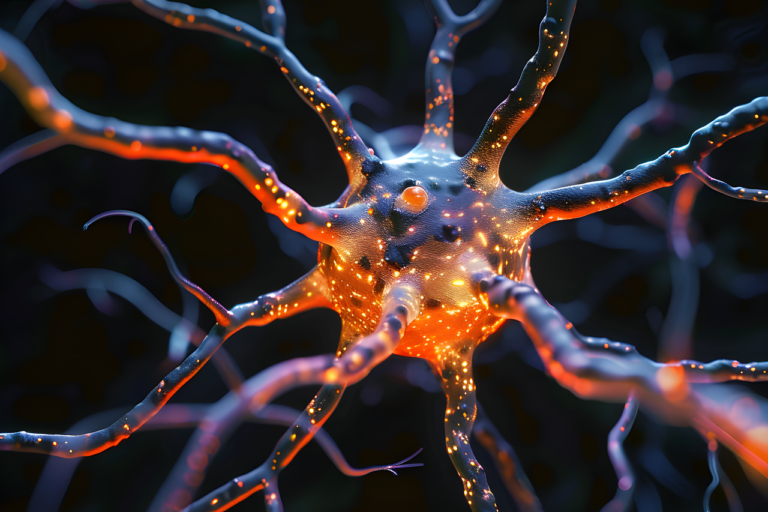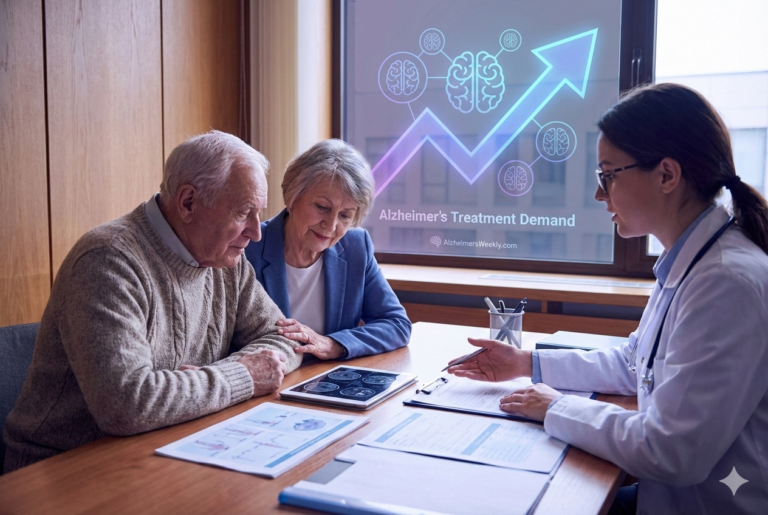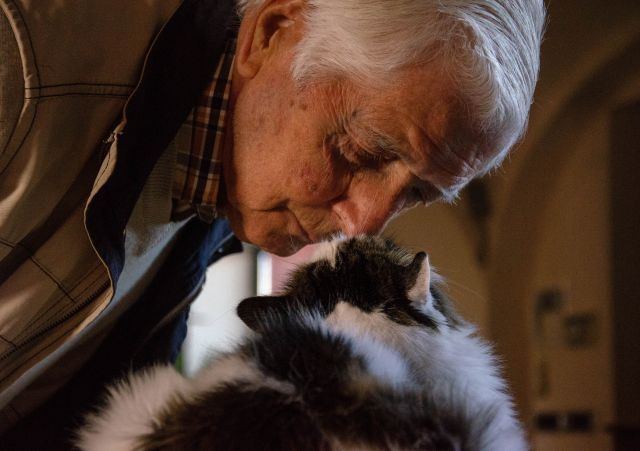
How Doctors Decide Who Qualifies for Leqembi
Many diagnosed patients won’t qualify — here are the
7 medical criteria.

Many diagnosed patients won’t qualify — here are the
7 medical criteria.

New early-onset Alzheimer’s data show that lecanemab can slow functional decline—even while tau continues to spread in the brain. The research helps explain how amyloid-lowering treatments may still preserve daily life, despite the disease’s complexity.

Higher midlife omega-3 levels were linked to lower early-onset dementia risk. It’s not proof — but it’s a meaningful signal worth paying attention to.

New evidence suggests genetics—not geography—may explain why Leqembi causes fewer ARIA brain side effects in parts of Asia, and what that means for families everywhere.

Alzheimer’s treatment eligibility may be far larger than previously thought. A major Nature study using blood tests suggests millions more older adults could qualify for treatment than current use reflects. As diagnosis becomes easier, demand for drugs like Leqembi could shift sharply.

Three major GLP-1 trials came out in late 2025. One weight-loss drug slowed early Alzheimer’s decline, while two others failed. Surprisingly, this mixed pattern may point the way toward a promising new treatment direction.

New research from the Framingham Heart Study shows that even mild hearing loss in midlife is linked to early signs of brain aging. The encouraging news: simple steps you take now may help protect memory, thinking skills, and long-term brain health.

A MAJOR NEW STUDY suggests regularly listening to or playing music cuts dementia risk by up to 39%. Here’s the research — and how to use music to bring calm, connection, and cognitive support into everyday care.

Leqembi is one of the first Alzheimer’s treatments proven to slow decline. A new MRI study helps explain what it can—and cannot—do in the brain’s early months, offering clearer expectations for caregivers.

New Alzheimer’s research reveals brain cells follow a daily rhythm. When that rhythm breaks, late-day confusion and agitation grow. Learn why sundowning happens — and five simple habits to help calm evenings.

Researchers in Florida find that robotic pet cats improve mood, behavior and cognition in older adults with mild to moderate dementia. Find out more.

Ketone-rich diets increase the SIRT3 protein that protects neurons from death during the progression of Alzheimer’s disease. But how does it work? Find out more.

A safer Alzheimer’s treatment may be on the horizon — but families still have meaningful choices today.

Researchers in Florida find that robotic pet cats improve mood, behavior and cognition in older adults with mild to moderate dementia. Find out more.

Ketone-rich diets increase the SIRT3 protein that protects neurons from death during the progression of Alzheimer’s disease. But how does it work? Find out more.

Memory failing? New research shows you may need help, but not for dementia. Memory slips, stress and fatigue are growing in people with healthy memory.

People worry about becoming forgetful. Is it the first sign of Alzheimer’s or just the passing years? After all, forgetfulness is a normal part of aging. Check out these quick ways to tell the difference.
No spam, only news and updates.


